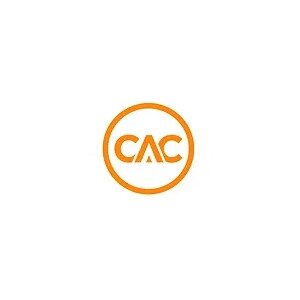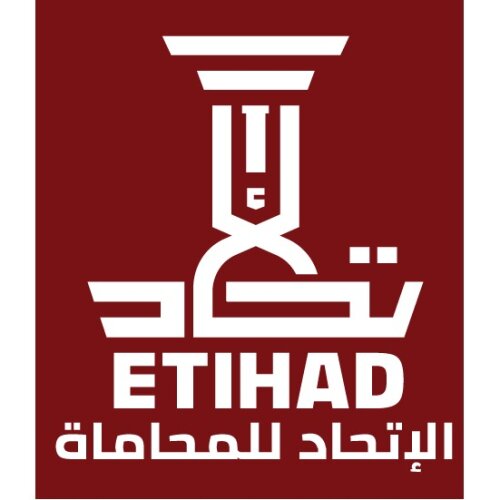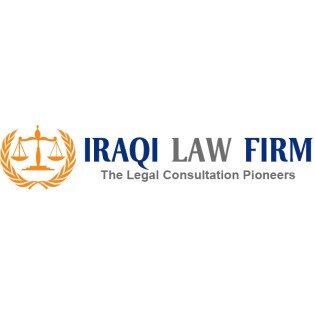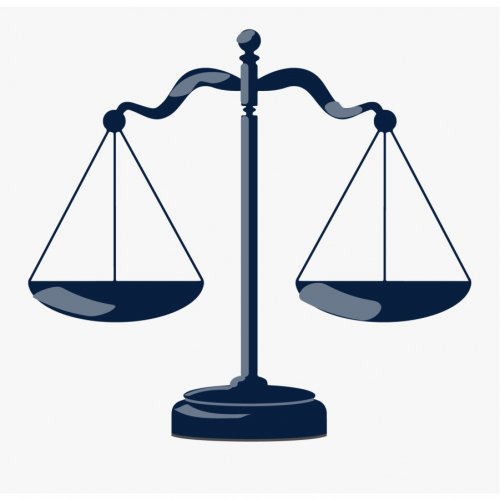Best FDA Law Lawyers in Iraq
Share your needs with us, get contacted by law firms.
Free. Takes 2 min.
Or refine your search by selecting a city:
List of the best lawyers in Iraq
About FDA Law in Iraq
FDA Law in Iraq refers to the legal framework governing the regulation of food, drugs, cosmetics, and medical devices within the country. While Iraq does not have a centralized body called the Food and Drug Administration like the United States, the principles of FDA Law are administered by the Ministry of Health, particularly by the Directorate of Planning and Directorate of Pharmacy, as well as Iraq’s Central Organization for Standardization and Quality Control (COSQC). These agencies are responsible for ensuring public health protection through the regulation, inspection, and approval of products, as well as preventing counterfeit drugs and substandard food products from entering the market.
Why You May Need a Lawyer
Seeking legal advice or representation in FDA Law matters in Iraq can be critical in several scenarios:
- Importing or exporting pharmaceuticals, food products, or medical devices
- Registering drugs or nutritional supplements with government authorities
- Ensuring proper labeling and compliance with local standards and packaging requirements
- Responding to product recalls or government investigations
- Defending against allegations of selling counterfeit or substandard products
- Complying with advertising and marketing regulations for medical or food products
- Dealing with licensing issues for pharmacies, manufacturing, or distribution companies
- Protecting your intellectual property associated with FDA-regulated products
A lawyer with experience in FDA Law in Iraq can help navigate regulatory complexities, ensure compliance, and represent your interests in disputes or negotiations with authorities.
Local Laws Overview
The regulation of food, drugs, and related products in Iraq is based on several pieces of legislation, ministerial directives, and technical regulations. Key aspects include:
- Drug registration is required for all pharmaceuticals marketed in Iraq. The Directorate of Pharmacy supervises evaluation and approval procedures.
- Medical devices must comply with technical standards and be registered before being imported or distributed.
- Food products, additives, and supplements must conform to safety and quality standards established by the COSQC and the Ministry of Health.
- Advertising of pharmaceuticals and health-related products is strictly limited and must be pre-approved by authorities.
- There are severe penalties for selling counterfeit, expired, or unauthorized products, including criminal prosecution.
- Importers and local manufacturers must obtain the necessary licenses and fulfill labeling requirements in Arabic (and sometimes Kurdish or English) with accurate ingredient and usage information.
- Inspections and random testing are routinely performed at ports of entry and in local marketplaces to enforce compliance.
Frequently Asked Questions
What agencies oversee FDA-related matters in Iraq?
The Ministry of Health, through the Directorate of Pharmacy and other departments, oversees most drug and product regulations. The Central Organization for Standardization and Quality Control manages standards for food and other products.
Do I need approval to import pharmaceuticals into Iraq?
Yes. All pharmaceuticals must be registered and approved by the Ministry of Health before importation. Unregistered products can lead to legal penalties and seizure of goods.
How are medical devices regulated?
Medical devices require registration with the Ministry of Health and must comply with technical regulations. Proper documentation, quality certificates, and labeling are necessary for approval.
What are the main documentation requirements for food imports?
Importers need certificates of origin, safety and quality certificates, product labels in Arabic, and must meet COSQC standards. Some products may also require health certificates.
What legal consequences exist for selling counterfeit drugs?
The sale or distribution of counterfeit drugs is a criminal offense in Iraq. It can lead to fines, imprisonment, and permanent closure of the business.
Are there restrictions on advertising pharmaceuticals?
Yes. Advertising of pharmaceuticals and health-related products is highly regulated and must be approved by health authorities before dissemination. False or misleading advertising is punishable by law.
Can I produce food supplements locally in Iraq?
Yes, but the process requires obtaining a license from the Ministry of Health, registering products, and meeting local manufacturing standards and labeling requirements.
What languages must labels be in?
Labels must be in Arabic. Depending on the region or type of product, Kurdish or English may also be required, but Arabic is mandatory.
How are product recalls handled?
Product recalls are typically ordered by the Ministry of Health or COSQC in case of safety concerns. Companies are required to cooperate fully and may face investigations and penalties if found negligent.
What should I do if my product fails customs inspection?
You should contact a lawyer with experience in FDA Law to help communicate with customs officials, address compliance issues, and appeal or rectify the situation legally.
Additional Resources
Several governmental bodies and organizations in Iraq provide information and assistance related to FDA Law:
- Ministry of Health - Responsible for the regulation of drugs, medical devices, and public health standards
- Directorate of Pharmacy - Handles drug registration and approval processes
- Central Organization for Standardization and Quality Control (COSQC) - Oversees standards for food and consumer products
- Iraq Pharmacists Syndicate - Offers guidance and support to pharmacists and pharmaceutical businesses
- Local chambers of commerce - Can provide regulatory updates and business support for importers and exporters
- Legal professional associations - Help connect the public with experienced FDA Law attorneys
Next Steps
If you are facing an issue related to FDA Law in Iraq or require legal guidance, consider the following steps:
- Gather all relevant documents related to your product, shipment, or business, including licenses, certificates, and correspondence with authorities.
- Identify the specific regulatory body involved in your case. This could be the Ministry of Health, COSQC, or another governmental authority.
- Consult with a qualified lawyer who specializes in FDA Law or regulatory compliance. A lawyer can help you understand your options, represent you in negotiations, and ensure all legal requirements are met.
- Follow up with governmental agencies as advised by your legal counsel to resolve compliance issues or disputes promptly.
- Stay updated on changes to Iraqi laws and regulations that may affect your products or business operations.
Legal matters involving FDA Law can be complex and time-sensitive. Prompt action and professional advice will help you protect your interests and maintain compliance with Iraqi regulations.
Lawzana helps you find the best lawyers and law firms in Iraq through a curated and pre-screened list of qualified legal professionals. Our platform offers rankings and detailed profiles of attorneys and law firms, allowing you to compare based on practice areas, including FDA Law, experience, and client feedback.
Each profile includes a description of the firm's areas of practice, client reviews, team members and partners, year of establishment, spoken languages, office locations, contact information, social media presence, and any published articles or resources. Most firms on our platform speak English and are experienced in both local and international legal matters.
Get a quote from top-rated law firms in Iraq — quickly, securely, and without unnecessary hassle.
Disclaimer:
The information provided on this page is for general informational purposes only and does not constitute legal advice. While we strive to ensure the accuracy and relevance of the content, legal information may change over time, and interpretations of the law can vary. You should always consult with a qualified legal professional for advice specific to your situation.
We disclaim all liability for actions taken or not taken based on the content of this page. If you believe any information is incorrect or outdated, please contact us, and we will review and update it where appropriate.
Browse fda law law firms by city in Iraq
Refine your search by selecting a city.

















